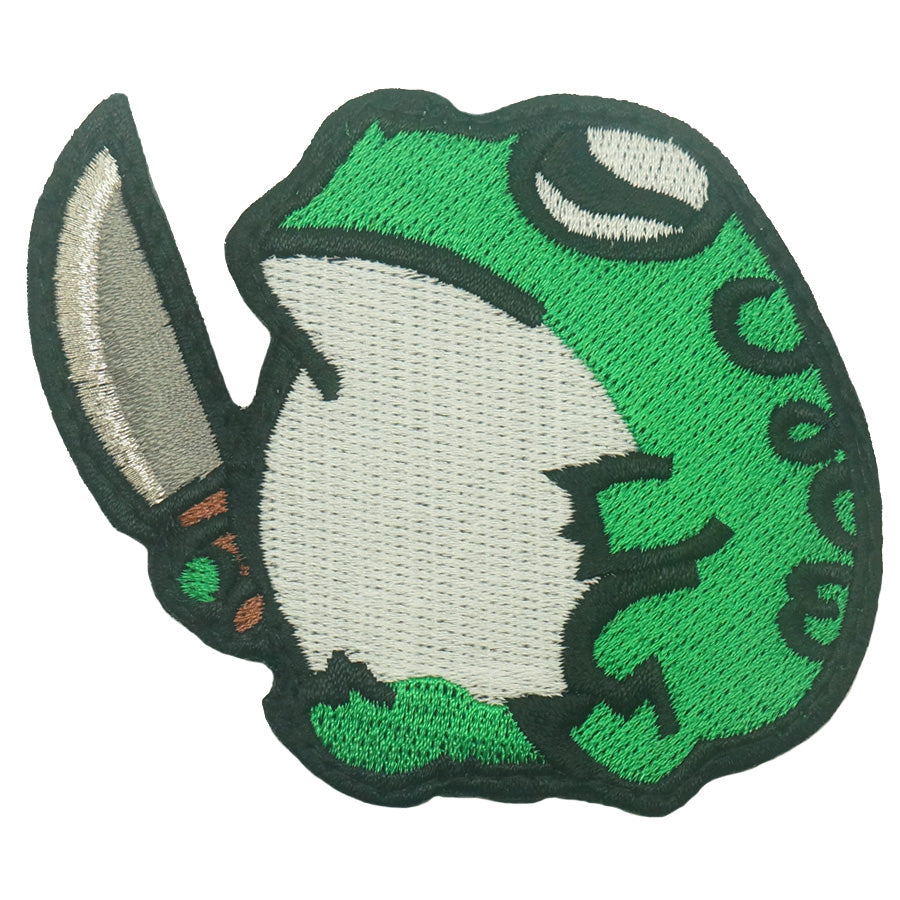The Spartan army stood at the center of the Spartan state, citizens trained in the disciplines and honor of a warrior society. Subjected to military drills since early manhood, the Spartans became one of the most feared and formidable military forces in the Greek world, attaining legendary status in their wars against Persia. At the height of Sparta's power – between the 6th and 4th centuries BC – other Greeks commonly accepted that "one Spartan was worth several men of any other state."
Tradition states that the semi-mythical Spartan legislator Lycurgus first founded the iconic army. Referring to Sparta as having a "wall of men, instead of bricks," he proposed reforming the Spartan society to develop a military-focused lifestyle following "proper virtues" such as equality for the male citizens, austerity, strength, and fitness. Spartan boys deemed strong enough entered the agoge regime at the age of seven, undergoing intense and rigorous military training. Their education focused primarily on fostering cunningness, practicing sports and war tactics, and also included learning about poetry, music, academics, and sometimes politics. Those who passed the agoge by the age of 30 achieved full Spartan citizenship.
-
Dimensions: 6 cm x 2 cm
- Hook Side Velcro Backing







